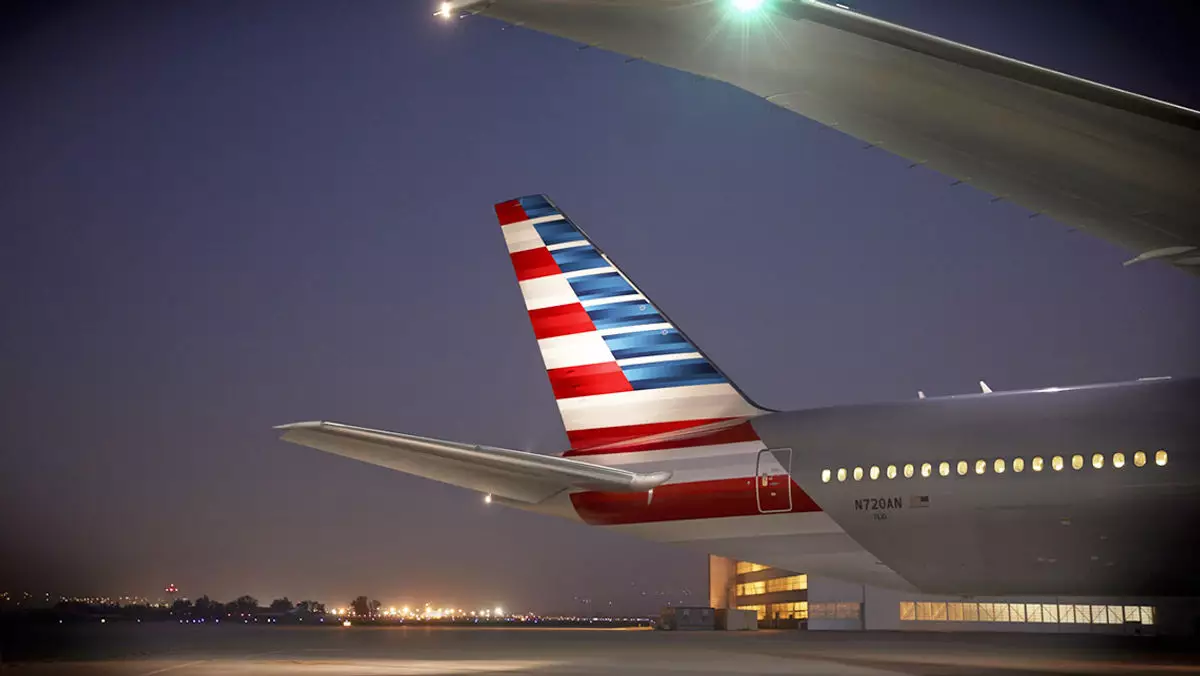American Airlines’ distribution strategy has faced significant backlash, leading to critical responses from members of the business travel community. The departure of chief commercial officer Vasu Raja and the acknowledgement of regrets by CEO Robert Isom indicate a shift in the airline’s approach. However, the industry’s reaction highlights the deep-rooted issues with American Airlines’ strategy.
The response from Mark Stansbury, Lockheed Martin senior manager of global travel, sheds light on the perspective of corporate travelers. Stansbury emphasizes the importance of managed corporate travel programs as the customers of airlines, rather than individual travelers. He criticizes American Airlines for overlooking the needs of corporate travel programs in favor of pushing travelers to book directly. This approach has resulted in dissatisfaction among corporate clients and a shift in market share to competitors.
Travel Management Company Viewpoint
Andrea Caulfield-Smith, Advantage Travel Partnership managing director of global business travel, praises American Airlines’ decision to remove preferred travel management company status. The move is seen as a positive step for the travel management community, as it allows TMCs to continue playing a vital role in the ecosystem. Caulfield-Smith also applauds American Airlines’ adoption of modern retailing and the challenges of servicing New Distribution Capability transactions. This development signifies a positive change in response to feedback from the TMC and wider industry community.
Jeff Klee, CEO of AmTrav, highlights the nuanced nature of American Airlines’ NDC strategy. While the airline faced criticism for alienating corporate customers, it also pursued an agenda to enhance the booking experience for third-party sellers. Klee emphasizes the importance of leveraging NDC to deliver choices, convenience, and servicing capabilities demanded by travelers. He suggests that American Airlines should build upon their strengths in modernizing sales infrastructure while reassessing their approach to corporate sales. By embracing NDC fully and ensuring interoperability with other booking tools, American Airlines can enhance the overall booking experience for travelers.
The industry response to American Airlines’ distribution strategy reflects a broader understanding of the evolving needs of corporate travelers and travel management companies. The airline’s acknowledgment of past missteps and commitment to change indicate a willingness to adapt to the dynamic travel landscape. Moving forward, American Airlines has the opportunity to leverage NDC technology to offer a seamless booking experience across all platforms. By focusing on customer needs and enhancing collaboration with corporate buyers, American Airlines can strengthen its position in the market and drive growth in the long term.

